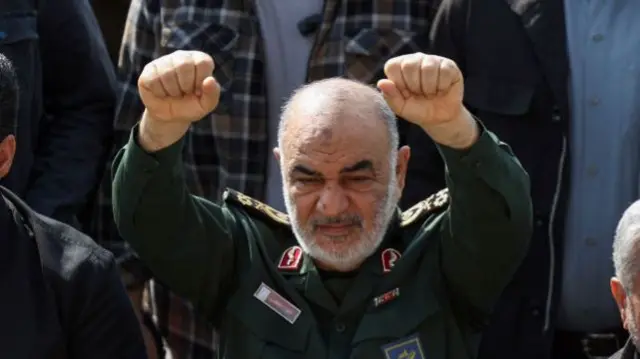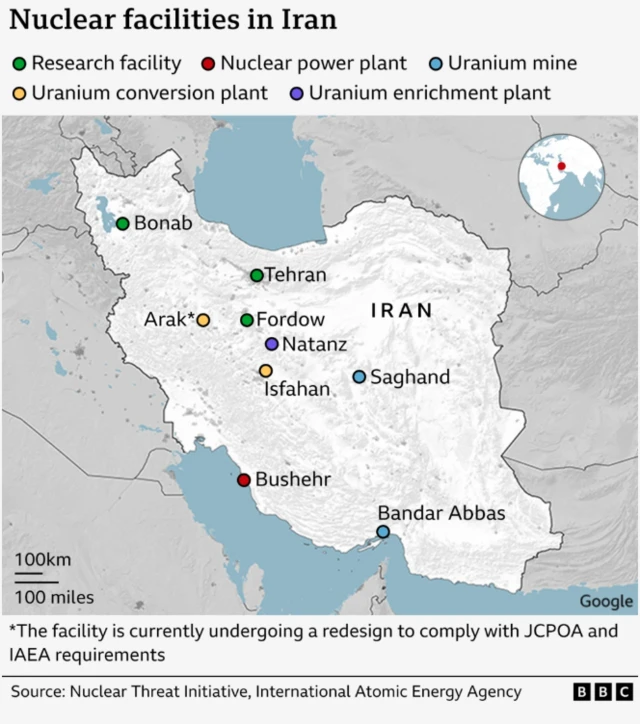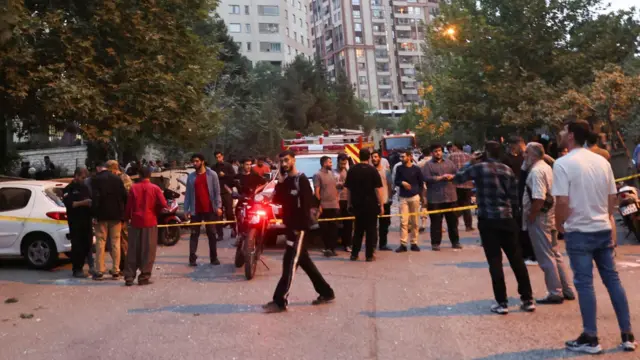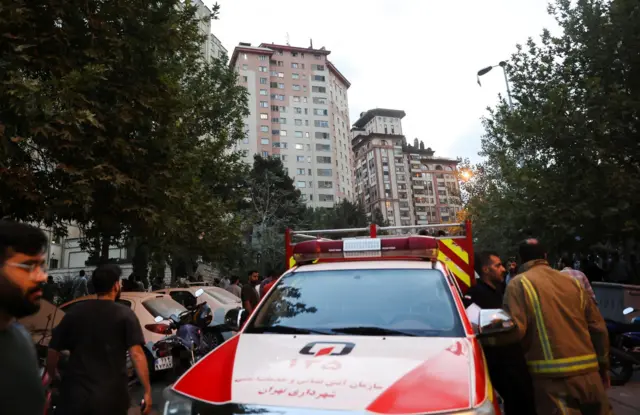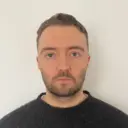Israel and US will pay 'heavy price' for strikes, Iran sayspublished at 03:53 BST 13 June
A spokesperson for Iran's armed forces has said that the US and Israel will pay a "heavy price" for the strikes, Reuters reports.
"The armed forces will certainly respond to this Zionist attack," said Iranian spokesperson, Abolfazl Shekarchi.



